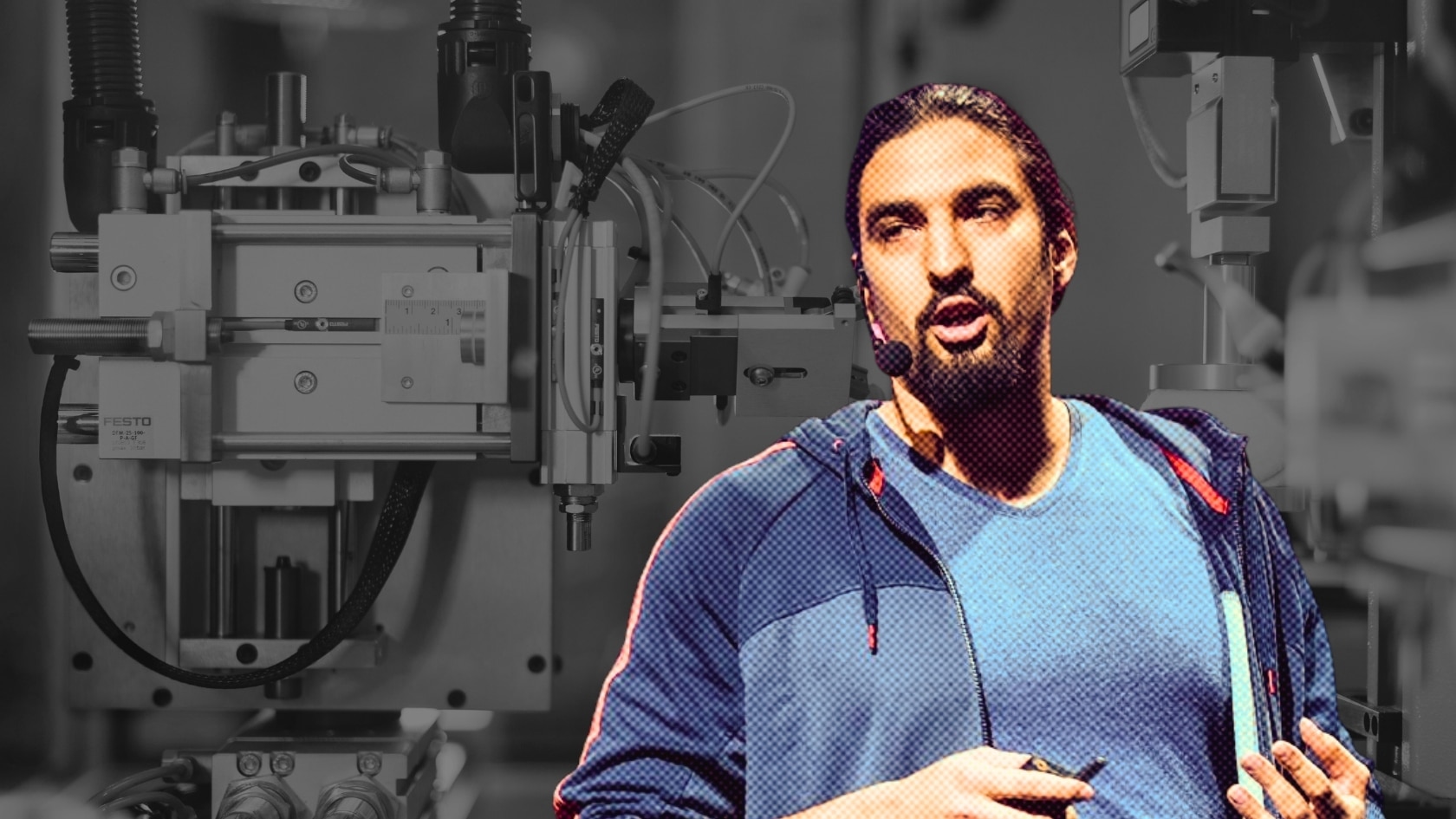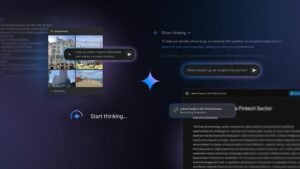Former Google DeepMind Researcher Develops AGI for the Tangible, Real World

P-1 AI: A New Player in Engineering AI
P-1 AI, a startup that has been quietly developing its technology, recently announced its successful fundraising effort, securing $23 million from leading venture firm Radical Ventures. The company intends to create an AI agent named Archie, designed to automate physical tasks that humans typically handle.
Founders and Vision
P-1 AI was co-founded by Aleksa Gordić, a former researcher with Google DeepMind, and Paul Eremenko, who once served as the CTO of Airbus. The inspiration behind the startup is to develop an engineering artificial general intelligence (AGI) that can assist in designing various industrial projects, including airplanes, Dyson spheres, cars, and HVAC systems.
In his statement, Gordić emphasized their vision: “We want to build an engineering AGI for the real world to help us design airplanes and more complicated systems.” This goal aims to bridge human ingenuity with advanced technology in engineering.
Capabilities of Archie
Archie is equipped with advanced features such as multi-physics capabilities and spatial reasoning, which allow it to perform tasks traditionally handled by human engineers. The startup claims Archie can:
- Extract key design drivers from project requirements
- Generate product concepts and explore various design options
- Conduct initial design evaluations
- Select and utilize appropriate engineering tools for detailed design work
This innovative capability focuses on relieving engineering teams of repetitive tasks, thus increasing their productivity and efficiency.
Meeting Industrial Needs
Eremenko highlighted the potential of Archie by stating, “Our aim is to ensure that every engineering team at major industrial companies has an Archie as a member, initially tackling monotonous tasks.” The vision is for Archie to learn from real-world applications, continually improving its capabilities and thereby assisting in complex engineering processes that we may not yet fully understand.
Focus on AI Beyond Language Models
The emergence of P-1 AI underscores a trend in artificial intelligence that transcends traditional large language models (LLMs). Renowned AI researcher Yann LeCun has been vocal about the need for AI to engage with the physical world rather than relying solely on text-based models. In a recent address at the NVIDIA GTC 2025 event, LeCun remarked, “I am not so interested in LLMs anymore,” indicating a shift in focus toward four critical areas for advancing machine intelligence:
- Understanding the physical world
- Persistent memory
- Reasoning
- Planning
LeCun has been advocating for the development of what he calls “world models.” These systems would allow machines to create internal representations of physical environments, enhancing their ability to reason and predict outcomes effectively.
The Future of Engineering AI
The efforts of P-1 AI, together with insights from leading researchers like LeCun, suggest a future where artificial intelligence becomes a pivotal force in engineering. By automating mundane tasks and providing valuable insights based on real-world data, AI tools like Archie could significantly change how engineering projects are approached, leading to innovations that were previously unimaginable.
P-1 AI stands at the forefront of this transition, aiming to redefine the role of human engineers by incorporating advanced AI technologies in their workflows. The journey towards integrating AI in engineering is just beginning, but the potential for advancement is substantial.




